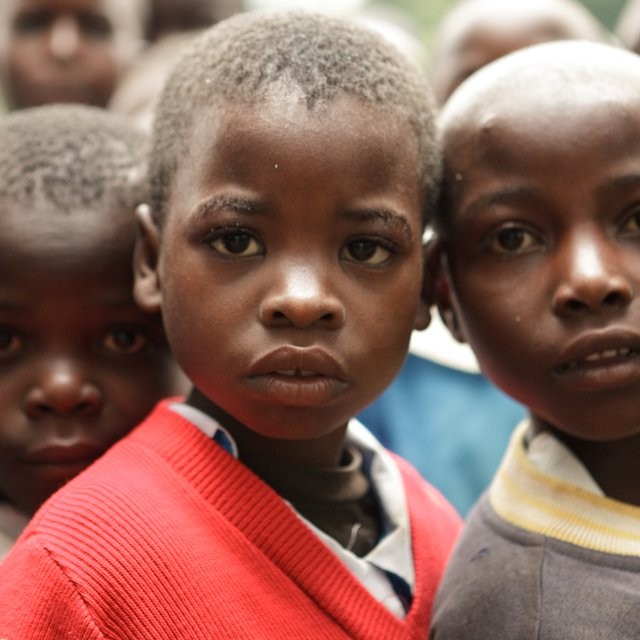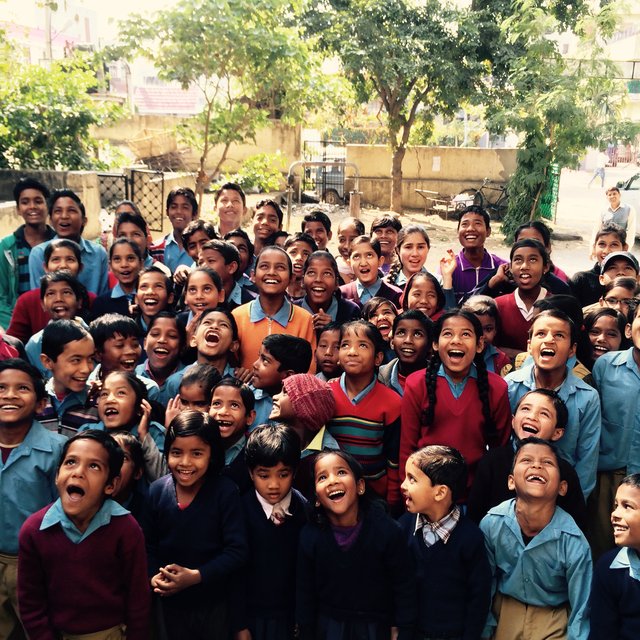Over 800 million children are at risk of infection from parasitic worms known as soil-transmitted helminths and schistosomes.
These worms cause silent and widespread suffering for which there is a simple and effective solution.
Deworming children with medication – a single pill – has been shown to drastically reduce the number of worms in their bodies. This prevents the negative effects worms have on infected children’s health, nutrition and cognitive abilities. Enough pills have been donated to treat all children, helping make deworming cheap and cost-effective.
Our mission is to work with partners to fund and support evidence-based and sustainable children’s deworming programmes at scale.
This supports the World Health Organization’s goals of reducing and preventing worm-related diseases by reaching 75% of school-age and pre-school-age children with regular deworming by 2020.

Breaking transmission of worms
We aim to contribute to new evidence on deworming, looking especially at the possibility of breaking the transmission of worms. Our long-term vision is a world where every child is free from worms forever. This includes funding scientific and operational research to test different methods of breaking transmission, such as mass drug administration.
Our mission to end the transmission of worms also includes our work to eradicate Guinea worm disease, a parasitic disease that has blighted the lives of humans for millennia. The progress towards Guinea worm eradication has been swift and dramatic. In 1986, there were an estimated 3.5 million people suffering from the disease in 21 countries. By 2014, there were only 126 cases. In 2015, there were just 22 cases in four countries: Ethiopia, Chad, Mali and South Sudan.

National deworming programmes
We are part of a global coalition to accelerate deworming efforts at scale.
Since 2012, CIFF – working with a range of partners and governments on the ground – has been supporting endemic countries to develop and run deworming programmes, striving to reach the WHO target of treating at least 75% of all at-risk children in endemic countries by 2020 and bringing the prevalence of heavy-to-moderate infections down to less than 1%.
We work with a range of partners to support governments in Kenya, India and Ethiopia to institutionalise national deworming programmes.
Each year, the number of children who are dewormed is rising as more countries adopt national programmes. We estimate that more children were dewormed in 2015 than ever before.